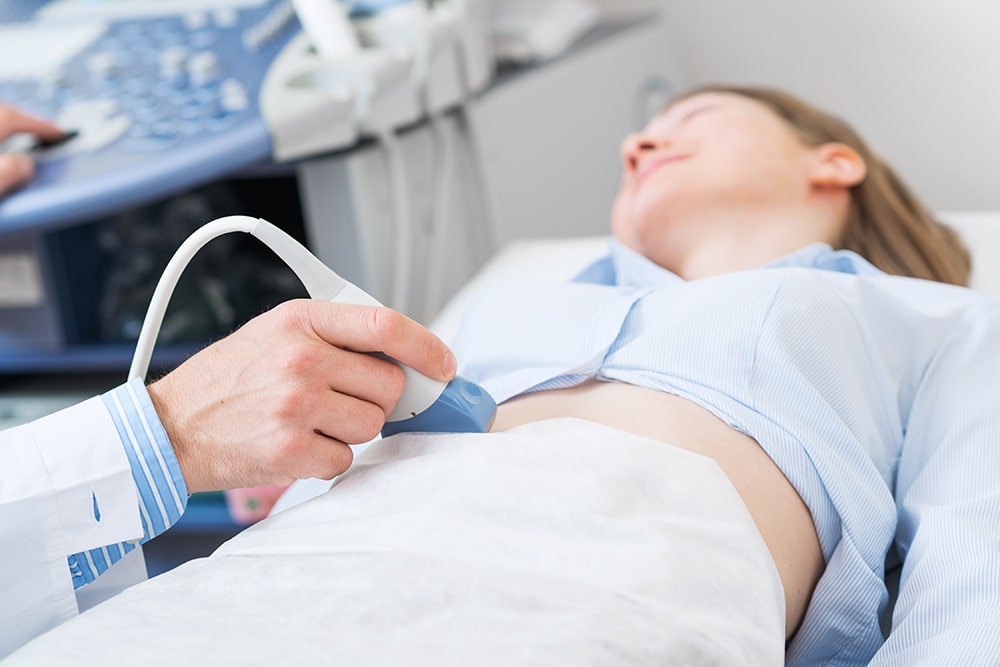HPV is a common virus. Among over 100 known strains of the virus, about 40 of them could infect human reproductive organs (for both males and females). "High-risk virus type" could cause cervical cancer, vulval cancer, vaginal cancer, and anal cancer, whereas "low-risk virus type" could lead to sexually transmitted diseases (STDs) such as genital warts (also known as venereal warts).
Any man or woman who has sexual experience has chance being infected with HPV while most them have no obvious symptoms, some might even recover spontaneously after infection. However, persistent infection with high-risk HPV could lead to cervical cancer, with incubation period as long as 10 years.
Means of transmission
- skin-to-skin contact of genital areas
- vaginal, anal or oral sex
- sharing of sex toys
Prevention methods
- Use condom
- Stable sexual partner or minimize number of sexual partners
- HPV vaccination
These are currently the most effective ways to prevent HPV infection.
About 90% of cervical cancer cases are caused by HPV-16, 18, 31, 33, 45, 52, and 58 viral infections. The current nine-valent HPV vaccine in market covers these 7 high-risk HPV genotypes. According to the Department of Health in Hong Kong, most cervical cancer cases are preventable through vaccination and cervical smear (Pap smear) testing, together with appropriate follow-up and treatments.
According to the guidelines, three injections are required for adults, while children aged 9-14 could be protected with just two injections.
As the HPV vaccines could not prevent all types of HPV infection or treat the already exist virus, women still need to have regular cervical smear surveillance even they have already received the despite HPV vaccination.
For details, please consult your gynaecologists.



